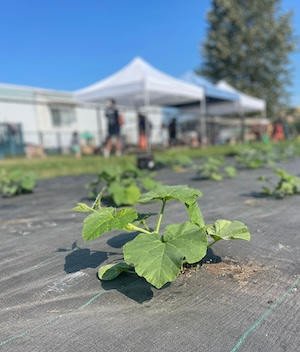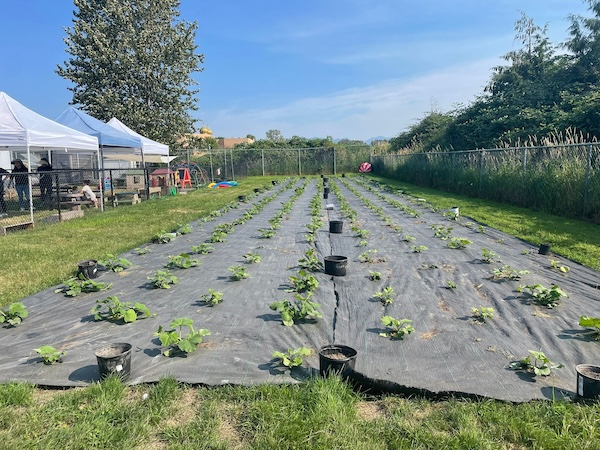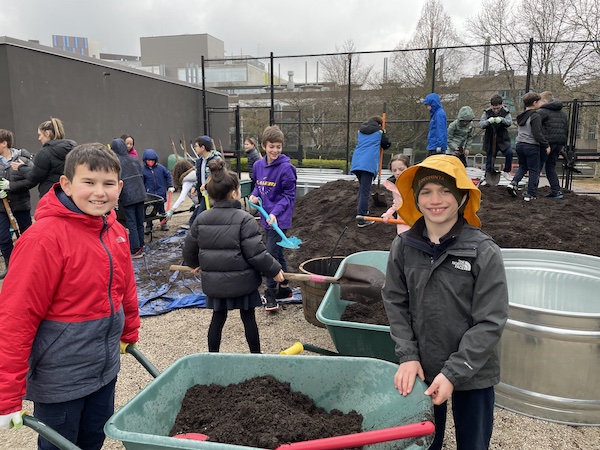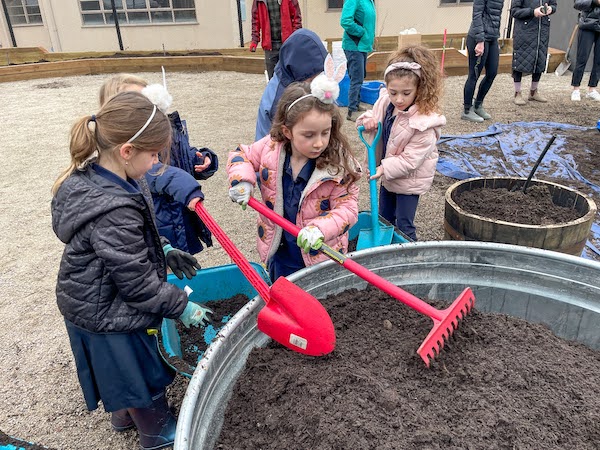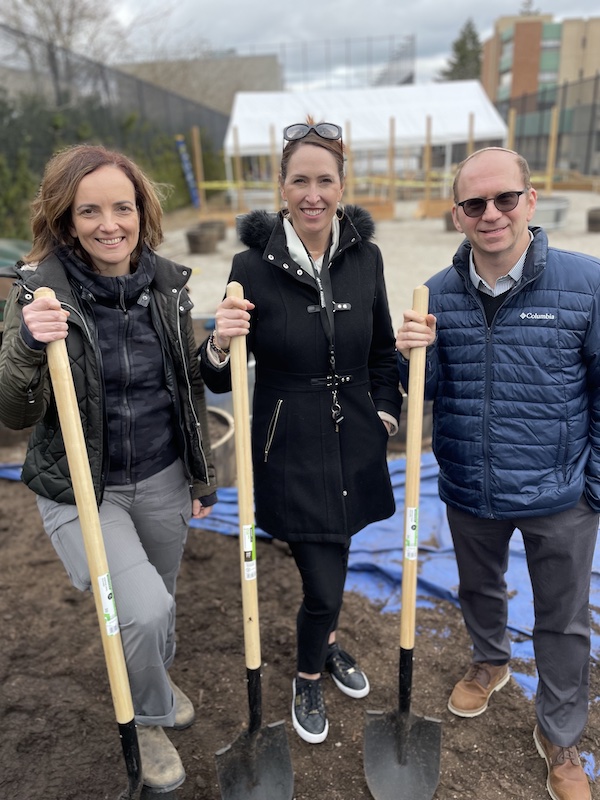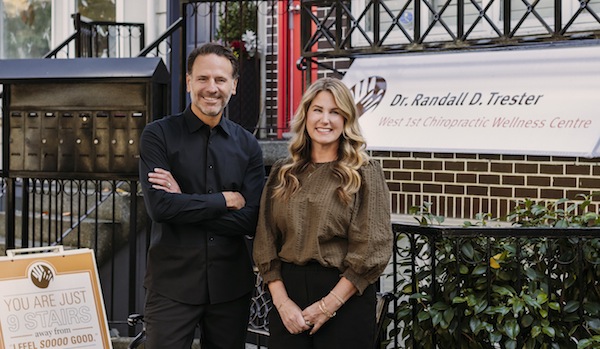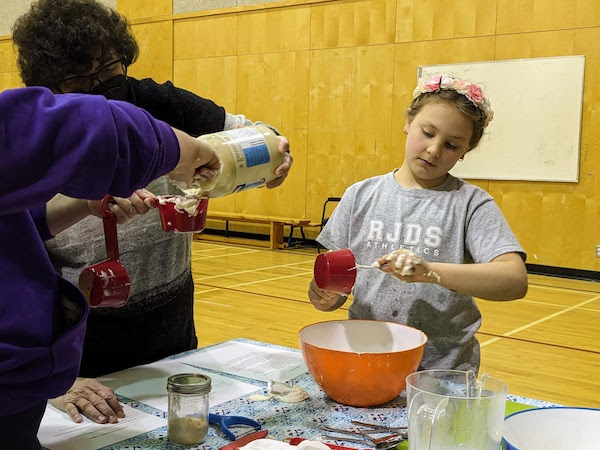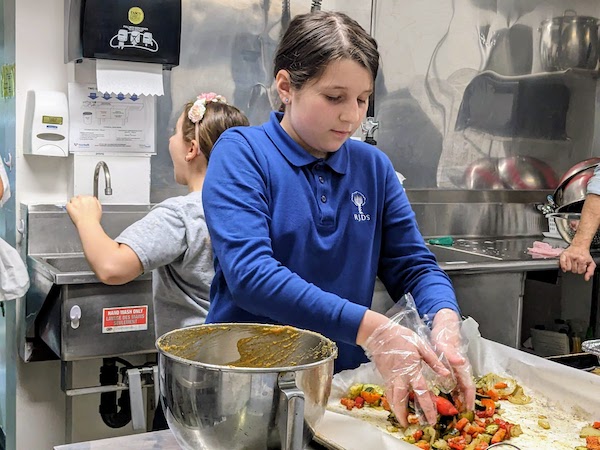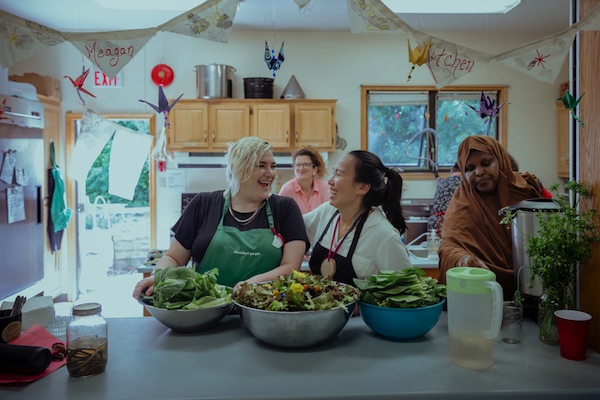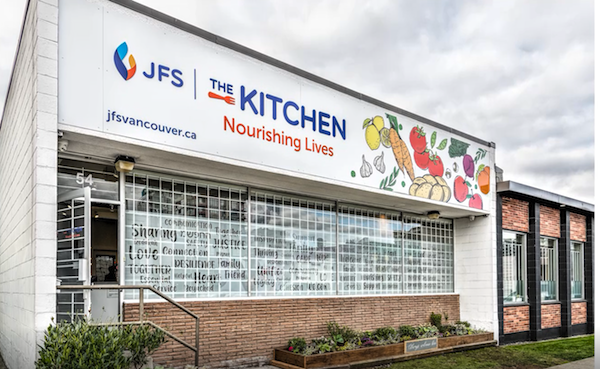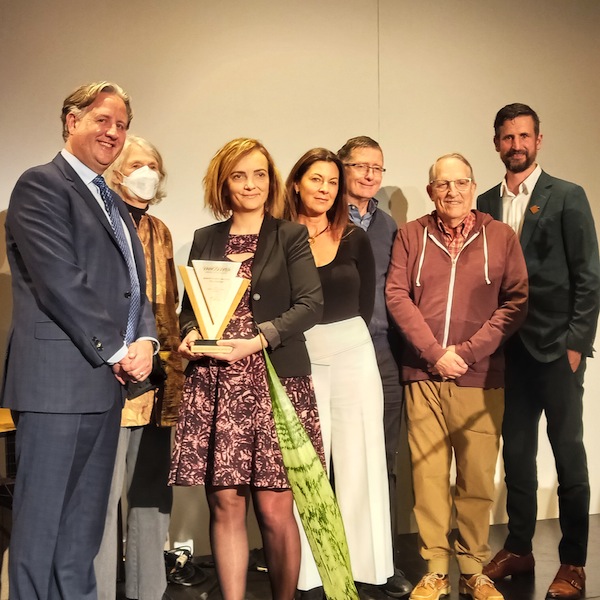Food insecurity is a growing problem on the University of British Columbia campus. The Alma Mater Society (AMS) Food Bank saw a 600-visit spike in the past year. Around “40% of undergraduate students and 50% of graduate students said they were worried about running out of food at least once in the past 12 months,” according to the 2022 AMS Academic Experience Survey.
In an open letter to the UBC board of governors, UBC Sprouts highlighted how “[d]espite UBC’s self-proclaimed dedication to reconciliation and equity, they perpetuate food insecurity which disproportionately affects Black, Indigenous, racialized, immigrant, low-income, houseless and/or disabled UBC community members.”
However, Jewish students are also an underrepresented minority group that is subject to this inequity.
Keeping kosher has been one of my greatest personal, physical and spiritual challenges so far in my life. Finding meals on campus that nourish myself and that are within the dietary restrictions of kashrut, all while staying true to my faith and not compromising my values, has been an uphill battle.
As one representing hundreds of Jewish UBC students, I believe there needs to be more access to kosher food on campus.
In Hebrew, the word kosher means “fit” or “acceptable,” according to halakhah, which is Jewish law. Any food grown from the earth is naturally kosher. However, any food that has been processed and prepared by humans must be carefully supervised by an Orthodox rabbi.
You can think of keeping kosher as a form of hygiene. The facility, the kitchen and production line in which a product is manufactured, processed and prepared must be kept very clean – undergoing frequent checks by an Orthodox rabbi – and must avoid cross-contamination with non-kosher food (like pork and shellfish), all with zero signs of any animal infestations (like rats).
In Jewish tradition, mixing milk (representing life) with meat (representing death) is another big no-no. For example, I cannot eat a cheeseburger or order a meal at a café that cross-contaminates dairy utensils with meat utensils. So, even a restaurant that advertises as 100% vegetarian or vegan is not officially kosher until it strictly meets the dietary, hygienic and/or rabbinical supervision requirements above.
Many vendors throughout campus incidentally sell kosher, pre-packaged snacks with a hekhsher, an official certification by an Orthodox organization approving a product as kosher. Although pre-packaged snacks are available, they do not constitute a sufficient meal on their own. There needs to be fresh kosher meals that are healthy, ready-made and affordable.
Since last summer, I have been doggedly persistent at trying to improve vendor availability of kosher food at UBC. I had been in correspondence with UBC Hillel BC, Chabad Jewish Student Centre, UBC Food Services and UBC’s VP Finance and Operations team to arrange a supplier setup and establish “requestor” contact on campus, along with a potential supplier such as the vegan Kosher Experience food truck. But UBC’s bureaucratic system has delayed this process indefinitely.
Kosher food has the potential not only to serve Jewish students, but vegan, vegetarian and Muslim students as well.
While UBC food security initiatives like the UBC Meal Share program, AMS Food Bank, Sprouts, Acadia Food Hub, Agora Café, and the residence meal plan (which has provided some kosher meals since 2020 and kosher meals can be requested in advance, but are only available at designated times for students living in select residences) offer nutritional support for students facing food insecurity, none of them provides kosher-certified meals from a kosher-certified kitchen. For example, the dining halls collaborate with UBC Chabad “to provide support and consultation on kosher food availability at UBC,” but they do not provide kosher-certified meals from a kosher-certified kitchen, according to a statement.
Regarding the plethora of options above tackling food insecurity, one UBC student remarked, “I really like the diversity that the market offers. When I was walking by, you can see a lot of different ethnic foods, a lot of foods that people would enjoy.” Yet, the diversity of food options (such as halal) and the accommodation of dietary needs (such as gluten-free foods) at UBC happens to include everything except kosher-certified meals. Or, namely, it excludes Jewish students.
For many Jewish students applying to university, kosher food is the deciding factor in their enrolment. If other top Canadian universities, such as the University of Toronto or McGill University, offer access to kosher food, then why can’t UBC?
In my personal experience living off campus, there are some days where I wake up late, rush out the door with no meal and, with no access to kosher-certified meals on campus, go hungry throughout the day. I am tired of it.
With UBC’s recent approval of allocating $500,000 toward food security programs and the AMS’s recent launch of their food security initiative, the AMS Food Bank can establish a contract with the leading Orthodox kosher certification organization in British Columbia – Kosher Check – to supervise the preparation of kosher meals (such as falafel and sandwich wraps) in the facilities of the AMS Food Bank.
While establishing and maintaining a kosher kitchen may not be feasible, having access in the Nest to a microwave, refrigerator and a dry goods rack designated only for kosher-certified meals would be the first most practical action to take.
I stand tall and proud to share my identity with others on campus. But, if there is not even any access to kosher-certified meals on campus, it furthers the marginalization of Jewish students like myself.
If the AMS and the UBC are committed to equity, diversity and inclusion, then they must commit to making kosher-certified meals accessible on campus.
Eitan Feiger is a third-year history student at UBC
Editor’s note: The original version of this letter to the editor was published in the Ubyssey.
